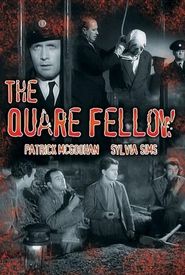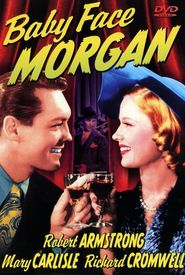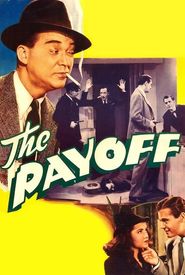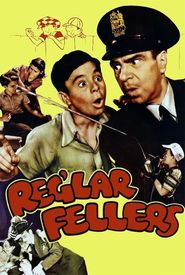German-born choreographer Arthur Dreifuss embarked on a remarkable journey in 1928 when he emigrated to the United States, eventually establishing himself as a theatrical producer in the vibrant city of New York.
As his career progressed, Dreifuss made the bold move to Hollywood, initially serving as a dance director in the 1930s. His talents soon caught the attention of prominent filmmakers, and by 1939, he had transitioned into directing a prolific stream of B-movies.
Dreifuss's early directing endeavors were primarily with Poverty Row company PRC (Producers Releasing Corporation),before he joined forces with prolific low-budget producer Sam Katzman at Monogram. Additionally, he had a brief stint at Columbia Pictures, contributing to the popular "Boston Blackie" series with his 1945 film, Boston Blackie's Rendezvous.
Throughout his career, Dreifuss demonstrated a remarkable versatility, effortlessly navigating genres such as musicals and thrillers, often crafting engaging stories on a shoestring budget. His flair for the dramatic was matched only by his ability to write original songs for his films.
As the 1960s arrived, Dreifuss's films began to take on a distinctly youth-oriented and exploitative tone. However, his crowning achievement remains his only A-grade feature, The Quare Fellow, a critically acclaimed adaptation of Irish writer Brendan Behan's play, released in 1962.
Dreifuss's remarkable journey serves as a testament to his unwavering dedication to his craft, as he consistently pushed the boundaries of his creativity and adapted to the ever-changing landscape of the film industry.





















































